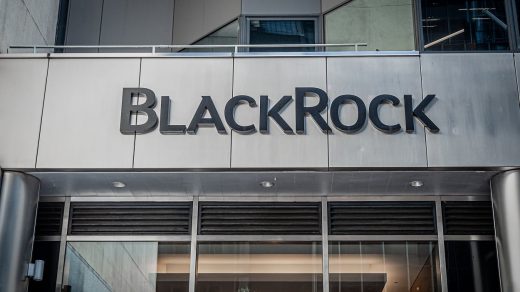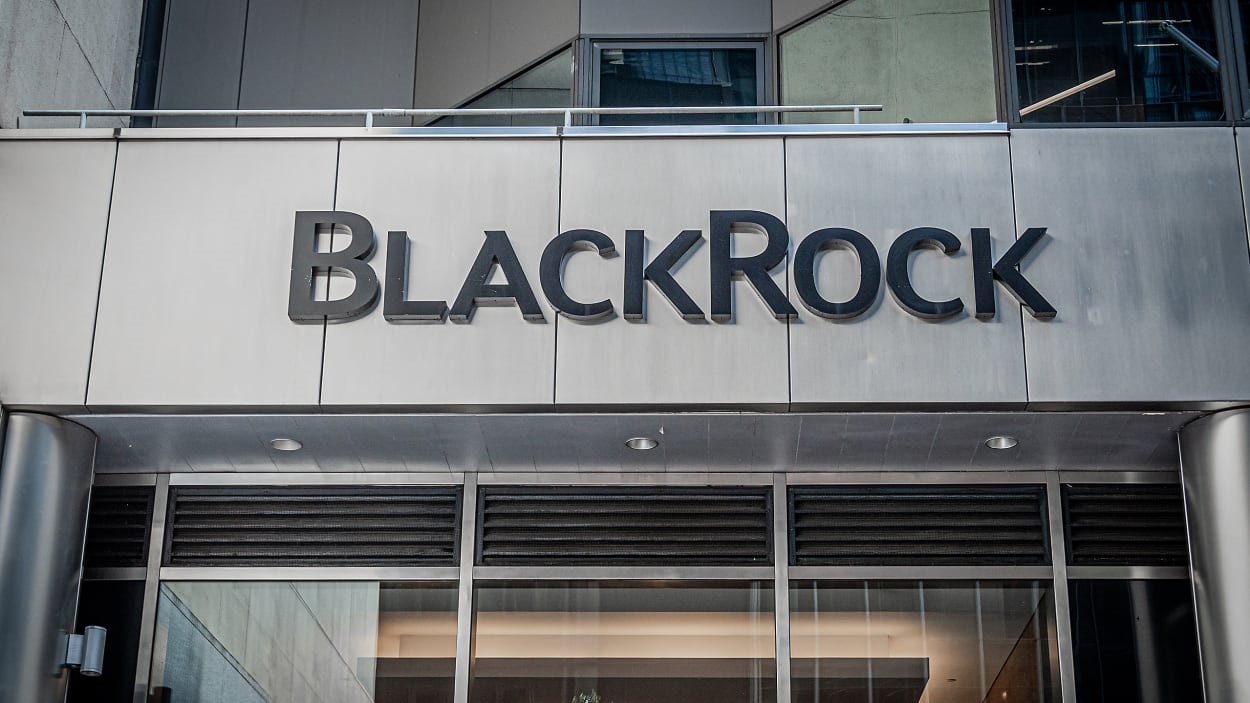Why French protesters stormed BlackRock’s office building in Paris today
By Sam Becker
Paris remains in the grip of large-scale protests following government pension reforms, and those protests are now spilling out of the streets.
Protesters on Thursday briefly left the streets and forced their way into a building where the offices of asset manager BlackRock are located, according to reporting from Reuters, which also has an office in the same building. Videos show dozens of protesters entering the office holding flares, shooting off fireworks, and chanting. Protesters specifically targeted BlackRock’s office due to the company’s role in managing and privatizing pensions, which are at the heart of the French government’s recent reforms.
Further reporting from CNN says that while protesters did manage to enter the building’s main floor, BlackRock’s office is on the third floor and was not breached. All told, protesters were in the building for around 10 minutes.
A spokesperson for BlackRock declined to comment when reached by Fast Company.
Clément Lanot, an independent French journalist, captured some dramatic video of the incident and shared it on Twitter, with a caption explaining that railway workers had invaded the offices in protest of pension reforms. Further, one of the protesters, a schoolteacher, told Reuters that “the government wants to throw away pensions, it wants to force people to fund their own retirement with private pension funds, but what we know is that only the rich will be able to benefit from such a setup.”
Why the French are up in arms
Thursday marks the 11th day of nationwide strikes and demonstrations against the French government’s pension reforms, which have seen workers from numerous sectors take to the streets—that includes teachers, transportation workers, and even sanitation workers.
The crux of the issue is that the government, led by French President Emmanuel Macron, effectively raised the retirement age by two years, from 62 to 64. The reforms were issued in an attempt to keep the French pension system from going insolvent, but protests turned violent following a controversial move by Prime Minister Elisabeth Borne, who managed to get the then-proposed reforms through the French parliament without a vote.
As such, protesters’ fury was stoked by both the reforms themselves and the way in which they were passed through parliament. But it’s only recently that things have turned violent on a large scale, too—protests had been ongoing for months before Borne pushed the reforms through parliament.
It seems that the targeting of multinational financial institutions is a new development for the protesters. The next big date on the horizon, as it relates to the protests and pension reforms, is April 14, when France’s Constitutional Council (which is similar to, but not a direct corollary to, the U.S. Supreme Court) will decide whether to validate the reforms, making them law, or to strike down parts or the entirety of them.
Despite the unpopularity of the reforms, Macron has remained steadfast in defending them, saying they were necessary to keep the pension system from collapsing. “That reform is not a luxury, it is not fun,” he said during a televised appearance with reporters in March. “It’s a necessity for the country.”
(15)



